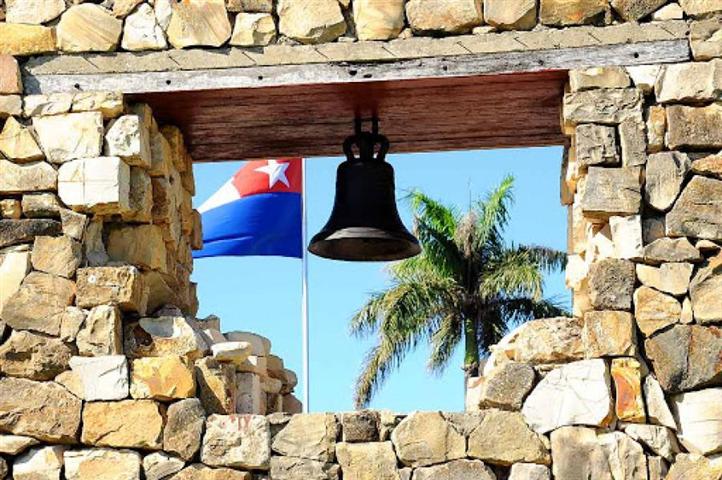On the morning of October 10, 1868, lawyer Carlos Manuel de Céspedes proclaimed the Declaration of Independence, known as the Manifesto of the Revolutionary Junta of Cuba, in eastern Cuba, which contained universal and progressive postulates for the time.
“Cubans: I count on your heroism to achieve independence, on your virtue to consolidate the Republic. You may count on my abnegation,” Céspedes, considered the Father of the Homeland, said before about 500 insurgents gathered at La Demajagua sugar mill.
He told the slaves of his small sugar plantation: “Citizens, you were my slaves until this moment. From now on, you are as free as I am. Cuba needs all its children to win independence!”
The uprising, which spread to other regions of the country, was a victory for the independentist ideas over Spanish fundamentalism and the reformist and annexationist currents of the time, and launched the armed struggle that would last ten years.
Eventually, the struggle did not achieve its emancipatory objective but it created a patriotic national awareness. Even though the slave oligarchy remained subject to Spain by the late 19th century, Cuba was definitively founded.
jg/iff/ode/evm









